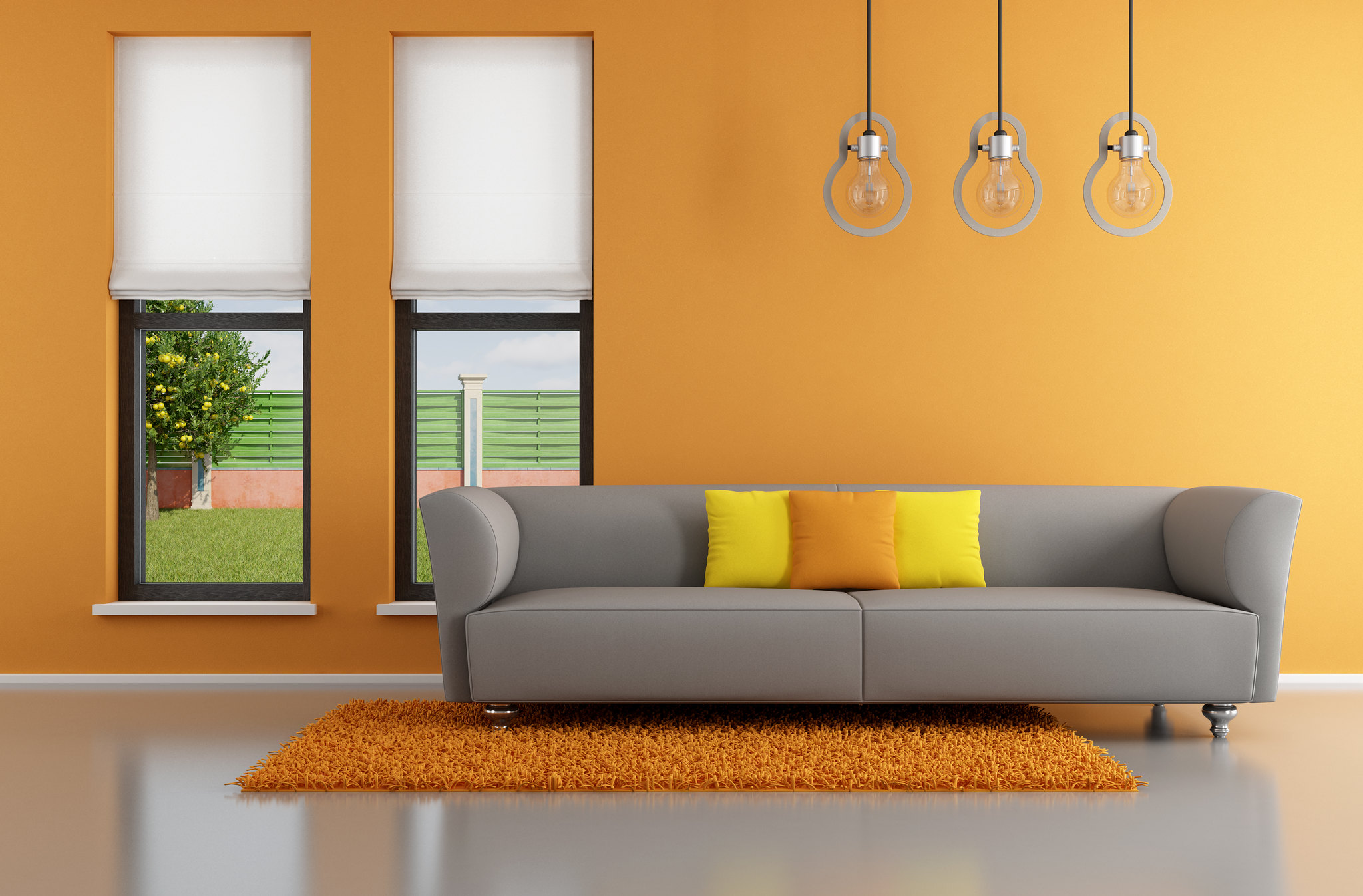In a world that often equates happiness with the accumulation of possessions, minimalism offers a refreshing perspective: the joy of having less. At its heart, minimalism is not about deprivation but about discovering the richness of life through simplicity. By embracing a minimalist lifestyle, we shift our focus from material wealth to what truly enhances our well-being—meaningful experiences, deeper relationships, and a greater sense of purpose.
Imagine a life where your physical spaces are uncluttered, your schedule is manageable, and your mind is clear of the constant noise of consumerism. Minimalism encourages us to strip away the excess, allowing us to focus on what truly matters and find joy in the simplicity of everyday moments. As we explore the benefits of minimalism, we’ll uncover how this intentional way of living can lead to greater freedom, clarity, and fulfillment. Embracing minimalism is not just about simplifying our surroundings; it’s about enriching our lives by cultivating gratitude and appreciating the true value of less.
(flickr.com)
The Essence of Minimalism
Benefits of a Minimalist Lifestyle
(Reduction of Stress)
The benefits of minimalism extend beyond just a tidy home; it can transform various aspects of one’s life. One of the most significant advantages is the reduction of stress. Cluttered environments often lead to feelings of overwhelm and anxiety because they bombard the senses with excessive stimuli and create a constant reminder of tasks left undone. A minimalist space, on the other hand, promotes calmness and clarity, providing a serene environment where one can relax and focus. This simplicity in living spaces can significantly improve mental health and overall well-being.
In addition to physical spaces, minimalism can also simplify mental and emotional landscapes. By reducing the number of commitments and activities in our schedules, we can alleviate the stress associated with being constantly busy. This allows for more downtime and opportunities for self-care, which are essential for maintaining mental health. Minimalism encourages a more deliberate pace of life, helping individuals to slow down and appreciate the present moment, reducing the chronic stress that often accompanies modern living.
(Financial Freedom)
Financial freedom is another major benefit of minimalism. By intentionally reducing the number of possessions and avoiding unnecessary purchases, minimalists often find themselves spending less money. This shift in spending habits leads to increased savings and reduced debt, allowing individuals to allocate their resources towards experiences and goals that bring long-term satisfaction. For instance, the money saved from not buying the latest gadgets or fashion trends can be invested in travel, education, or even early retirement. This financial security reduces the stress associated with monetary concerns and provides a sense of empowerment and independence.
Moreover, minimalism encourages mindful spending, prompting individuals to think critically about their purchases and their true needs versus wants. This conscious approach to consumption not only saves money but also instills a greater sense of control over one’s finances. By prioritizing financial stability and long-term goals over impulsive buying, minimalists can achieve greater peace of mind and financial well-being. This financial discipline often leads to more opportunities for personal growth and fulfillment, as individuals are freed from the constraints of materialism and debt.
(Cultivating Gratitude and Contentment)
Minimalism also fosters a greater appreciation for the things we do have, cultivating gratitude and contentment. When we own fewer items, each possession tends to hold more value and significance. This appreciation extends to non-material aspects of life as well, such as relationships, health, and personal growth. By focusing on quality over quantity, minimalists often find more joy in their possessions and experiences. For example, owning a few high-quality pieces of clothing that one loves and wears regularly can bring more satisfaction than a closet full of items that are rarely used.
This shift in perspective encourages a deeper sense of contentment and fulfillment. By valuing what we have and finding joy in simplicity, we can reduce the desire for constant consumption and the fleeting happiness that comes with it. Gratitude becomes a central theme in a minimalist lifestyle, as individuals learn to appreciate the present moment and the simple pleasures of life. This mindset not only enhances personal well-being but also strengthens relationships and fosters a more positive outlook on life.
(Sustainable Living and Environmental Consciousness)
Furthermore, minimalism encourages sustainable living and environmental consciousness. By consuming less and choosing more durable, eco-friendly products, minimalists contribute to reducing waste and conserving natural resources. This mindful approach to consumption aligns with broader efforts to combat climate change and promote sustainability. Living with less not only benefits individuals on a personal level but also has a positive impact on the planet. By reducing our ecological footprint, we can contribute to a healthier, more sustainable world for future generations.
Minimalism also promotes the idea of mindful consumption and responsible ownership. By being intentional about what we buy and use, we can reduce the amount of waste we produce and the strain we place on the environment. This includes supporting ethical and sustainable brands, recycling, and reusing items whenever possible. Adopting minimalism as a lifestyle choice encourages a more sustainable way of living that benefits both the individual and the planet, fostering a sense of responsibility and stewardship for the world we inhabit.
Practical Steps to Embrace Minimalism
Embracing minimalism begins with a mindset shift towards intentional living and conscious consumption. Start by assessing your current lifestyle and identifying areas where you can simplify. Reflect on what truly matters to you and what you can live without. Decluttering is a practical first step—go through your belongings methodically, room by room, and keep only what you truly need and love. This process might involve multiple passes, as it can be difficult to part with items initially. Consider adopting the “one in, one out” rule, where you only bring a new item into your home if you remove an existing one, to maintain balance and prevent future clutter.
Digital minimalism is equally important in our technology-driven world. Streamline your digital life by reducing screen time, decluttering your digital spaces, and organizing your files. Unsubscribe from unnecessary email lists, delete unused apps, and unfollow accounts that do not add value to your life. Set boundaries for social media use to avoid falling into the trap of mindless scrolling. This digital detox can help reduce stress and improve your focus, allowing you to be more present in your daily activities. Additionally, regularly backing up important files and organizing your digital documents can create a more efficient and less overwhelming digital environment.
(Simplifying Your Schedule)
Simplifying your schedule is another key aspect of minimalism. Prioritize activities that align with your values and let go of obligations that do not. Start by creating a list of your commitments and evaluate which ones bring you joy and fulfillment. This might mean saying no to social engagements or work projects that cause unnecessary stress and do not contribute to your personal growth or happiness. Focus on quality over quantity when it comes to your time and energy, dedicating them to pursuits that genuinely matter to you.
To manage your schedule effectively, consider using tools such as planners or digital calendars to organize your time. Allocate specific time blocks for important activities and ensure you have regular intervals for rest and self-care. Simplifying your schedule also involves setting realistic goals and expectations for yourself, avoiding the pressure to be constantly busy or productive. Embrace the idea of doing less but with more intention and presence, which can lead to a more balanced and fulfilling life.
(Creating a Minimalist Home)
Creating a minimalist home environment involves thoughtful organization and intentional design choices. Start with the most cluttered areas of your home, such as closets, kitchens, or living rooms, and systematically declutter each space. Use storage solutions that keep items out of sight but easily accessible. Opt for multi-functional furniture and decor that serve multiple purposes and avoid overcrowding your living spaces. A minimalist home should feel open and inviting, with plenty of room to breathe and move around.
In addition to physical decluttering, consider the aesthetic aspects of your home. Choose a neutral color palette and simple, timeless decor that promotes a sense of calm and serenity. Natural materials and light sources can enhance the minimalist feel, creating a harmonious and peaceful environment. Regularly assess your living space and make adjustments as needed to maintain simplicity and order. By creating a minimalist home, you can foster a space that supports your well-being and aligns with your minimalist values.
(Adopting a Minimalist Mindset)
Remember, minimalism is a personal journey, and there is no one-size-fits-all approach. It’s about finding what works best for you and your unique circumstances. Embrace the process of continuous learning and adjustment as you discover new ways to simplify and enhance your life. Stay mindful of your consumption habits and make intentional choices that reflect your values and goals. Minimalism is not about deprivation but about making room for what truly matters—experiences, relationships, and personal growth.
As you adopt a minimalist mindset, practice gratitude and contentment with what you have. Focus on the present moment and appreciate the simple joys of life. Minimalism encourages a deeper connection to yourself and the world around you, fostering a sense of peace and fulfillment. By embracing minimalism, you can create a life that is rich in meaning and free from the burdens of excess, allowing you to live more intentionally and joyfully.
The Joy of Less
The joy of less lies in the freedom and clarity it brings. By letting go of the excess, we can focus on what truly matters, whether it’s spending time with loved ones, pursuing passions, or simply enjoying the present moment. Minimalism allows us to live more intentionally, with a deeper sense of purpose and fulfillment. It encourages us to appreciate the beauty in simplicity and find joy in the little things. This shift in focus from material possessions to meaningful experiences can lead to a more balanced and harmonious life, where our actions align with our values.
One of the greatest joys of minimalism is the increased freedom it offers. With fewer possessions to manage and maintain, we can reclaim our time and energy for activities that genuinely enrich our lives. This freedom extends to our mental and emotional states as well. By reducing the clutter in our physical spaces, we also declutter our minds, leading to greater mental clarity and emotional well-being. Minimalism helps us to break free from the consumerist mindset that often dominates modern society, allowing us to pursue a life of contentment and intentionality.
(Living Intentionally)
Minimalism encourages us to live more intentionally, making deliberate choices about how we spend our time, energy, and resources. This intentionality fosters a deeper sense of purpose and fulfillment. When we focus on what truly matters, we can invest our efforts into building strong relationships, honing our skills, and pursuing our passions. This purposeful living leads to a richer, more satisfying life, where our daily actions contribute to our long-term happiness and well-being.
Furthermore, minimalism cultivates a mindset of mindfulness and presence. By reducing distractions and unnecessary commitments, we can fully engage in the present moment and savor the experiences that bring us joy. This mindful approach to life helps us to appreciate the beauty in everyday moments and find contentment in simplicity. Whether it’s enjoying a quiet morning coffee, spending quality time with loved ones, or immersing ourselves in a creative project, minimalism enhances our ability to find joy in the little things.
(Appreciation for Simplicity)
Minimalism allows us to appreciate the beauty in simplicity and find joy in the little things. By stripping away the excess, we can focus on the essential aspects of life that bring us true happiness. This appreciation for simplicity extends to our surroundings, as well. A minimalist home, free from clutter and chaos, can create a peaceful and calming environment that nurtures our well-being. Simple, clean spaces promote relaxation and help us to feel more centered and grounded.
Moreover, minimalism encourages us to find contentment with what we have, fostering a sense of gratitude and satisfaction. When we are no longer chasing after material possessions or the latest trends, we can recognize the abundance that already exists in our lives. This shift in perspective helps us to cultivate a more positive and appreciative mindset, leading to greater overall happiness. By embracing simplicity, we can experience a deeper sense of fulfillment and joy in our daily lives.
(Creating a Meaningful Life)
Ultimately, embracing minimalism is about creating a life that is rich in meaning rather than in possessions. It’s about prioritizing experiences, relationships, and personal growth over the accumulation of material goods. This intentional approach to living allows us to build a life that reflects our true values and aspirations. By focusing on what truly matters, we can create a more meaningful and fulfilling existence, where our actions align with our deepest desires and goals.
Minimalism also fosters a sense of community and connection. When we prioritize relationships and shared experiences over material possessions, we strengthen our bonds with others and contribute to a more supportive and compassionate society. This emphasis on connection and community enhances our overall well-being and helps us to lead more enriching and purposeful lives. Embracing minimalism allows us to live with greater authenticity and intention, creating a life that is truly joyful and fulfilling.




